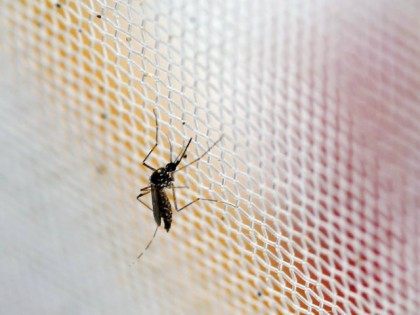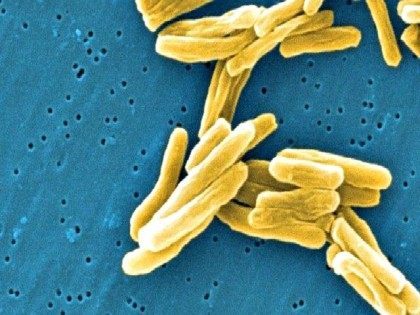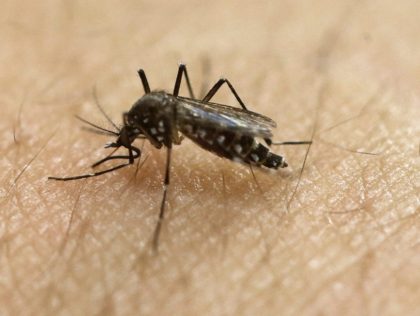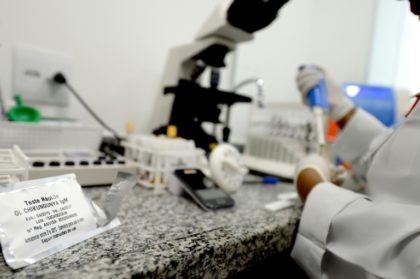Texas Reports First Locally Transmitted Zika Case of 2017
Texas public health officials announced Wednesday what they believe to be the state’s first locally transmitted Zika case of 2017.

Texas public health officials announced Wednesday what they believe to be the state’s first locally transmitted Zika case of 2017.

Texas public health officials issued an advisory this week following a spike in the number of cases of a parasitic foodborne intestinal illness often linked to the consumption of imported produce tainted with human fecal matter.

An uncomfortably high number of positive tests results for tuberculosis came back to a west Texas border senior day care center, putting city health officials on alert as they monitor the cases to see if any show signs of active TB.

Two University of Texas Rio Grande Valley (UTRGV) professors will lead Zika research along the Texas-Mexico border as part of a multi-institutional consortium to establish a Western Gulf Center for Excellence for Vector-borne Diseases. They hope to create an early warning system to curtail the spread of the virus.

The U.S. Centers for Disease Control and Prevention (CDC) awarded nearly $10 million to the University of Texas Medical Branch (UTMB) in Galveston to study emerging and exotic pathogens such as Zika. This announcement came as Texas reported its sixth locally-transmitted case of the virus.

Neighboring Texas communities are in the throes of a brewing mumps outbreak where the virus tally jumped from a reported 10 cases to 28 in less than a week. The majority of the diagnosed are school-age children.

Officials from the Texas Department of State Health Services (DSHS) announced the state’s first Zika case likely spread by a local mosquito.

Texas public health officials issued an alert to doctors, urging more Zika testing along the Texas-Mexico border, considered a high-risk area for the virus to spread in the event of local transmission.

The Texas Health and Human Services Commission (HHSC) has begun the major restructuring dictated by the 2015 Texas Legislature.

Mexican grown cilantro, contaminated by human fecal matter, caused over 200 cases of a parasitic illness in Texas. This disturbing news comes in a statement from the Food and Drug Administration (FDA) and the Centers for Disease Control and Prevention (CDC) in a statement on Monday.
